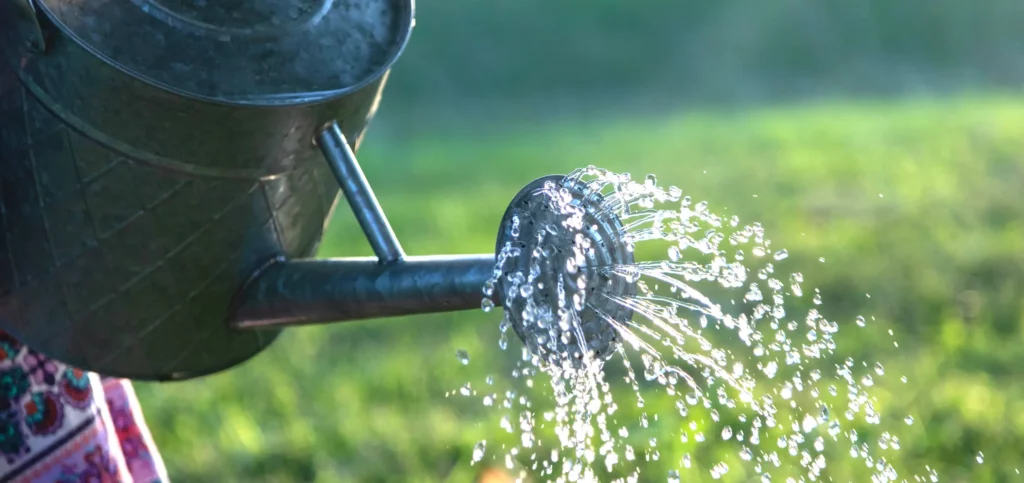Water treatment
Water is required for all life, and in order to prevent diseases and protect the environment water treatment systems are needed. On this site you can read why water treatment is important and how water treatment systems can be used to ensure that the quality of water that enters and leaves facilities is always safe for both humans and the environment.

Why is water treatment important?
The importance of water treatment concerns three main areas which are public health, infrastructure and sustainability.
Public health
Water treatment removes contaminants, bacteria, viruses, and harmful chemicals from water, making it safe for human consumption and use. Without proper treatment, these substances can cause diseases like cholera, typhoid, and dysentery, or can lead to long-term health issues like cancer or developmental problems in children.
Infrastructure
Untreated water can cause damage to infrastructure, such as pipes and appliances, due to the presence of minerals, metals, and other substances. For instance, hard water, which has high concentrations of calcium and magnesium, can cause scale build-up and corrosion, reducing the lifespan of infrastructure and increasing maintenance costs.
Sustainability & environmental protection
Water treatment not only makes water safe for humans but also for the environment. Wastewater treatment, in particular, is crucial in preventing the pollution of natural water bodies, preserving ecosystems and protecting wildlife.
Water treatment and reuse can contribute to water sustainability in areas that face water scarcity. Techniques like desalination and recycling of wastewater can help ensure a reliable supply of water.

Water treatment in buildings and industry
In healthcare buildings, like hospitals and clinics, the primary obstacle to effective water treatment is the need for extremely high-quality water to prevent the spread of disease.
This water must be free of pathogens, chemicals, and other contaminants that could harm patients, particularly those with compromised immune systems. Moreover, specific departments, such as dialysis units or laboratories, may require specialized water treatment to meet their unique needs. Maintaining these high standards can be challenging and costly, particularly for older buildings or in areas where the municipal water supply is of poor quality.
Additionally, healthcare buildings often have complex plumbing systems, which can increase the risk of issues like biofilm growth and Legionella contamination if not properly managed.
When it comes to transportation facilities, hotels, and restaurants, the key obstacles often relate to the varied and high demand for water. These buildings must supply clean water for a range of uses, from restrooms and showers to food preparation and laundry, often for a large number of people.
In hotels and restaurants, maintaining water quality is also critical for customer satisfaction and reputation. In both cases, the challenge is not just treating the water, but also distributing it effectively throughout the building, which can be complicated by large sizes, multiple floors, and complex layouts. These buildings also need to manage their wastewater effectively to prevent issues like grease buildup in restaurants or chemical contamination from cleaning processes.
Moreover, in transportation hubs like airports or train stations, there may be additional security and safety considerations that can make water treatment more challenging.